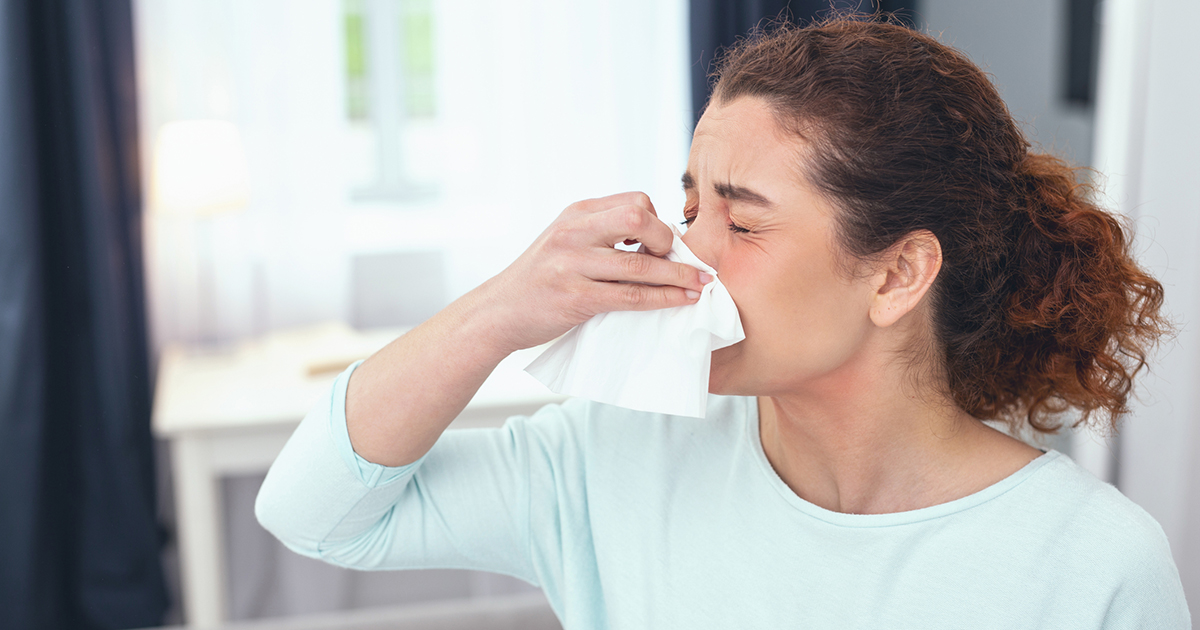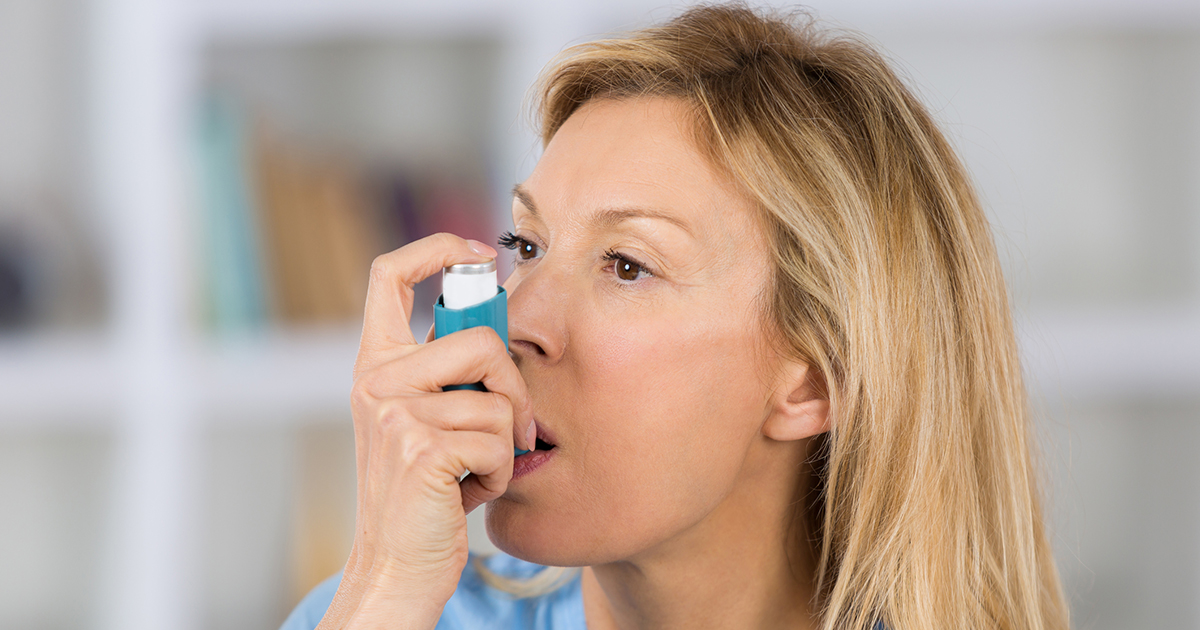Insomnia Causes To Be Aware Of
Have you been having trouble sleeping these days? If so, you're not alone. An estimated sixty million individuals suffer from occasional or frequent insomnia in the United States alone, according to expert sources. However, this high level of frequency doesn't make the problem insurmountable. As is the case with many troublesome disorders, paying close attention to patterns and conditions can help sufferers manage their symptoms more effectively. Many factors might be contributing to your lack of sleep, such as atmospheric changes, job-related woes, or an underlying medical issue. Here, we'll explore five of the most common insomnia triggers, along with tips on how to alleviate the problem.
Allergies

Seasonal allergies, which is also known as allergic rhinitis, affect twenty to fifty percent of all Americans, according to studies. The symptoms, which can include watery eyes, sneezing, and nasal congestion, aren't just annoying during the daytime; they have been linked to sleep disruption as well. It's estimated allergic rhinitis sufferers are twice as likely to experience insomnia as non-sufferers. Studies have shown individuals with rhinitis report more difficulty falling asleep, fewer overall hours of sleep, and increased feelings of sluggishness the following day. Additionally, there looks to be a correlation between the severity of the allergy symptoms and the degree of insomnia reported.
If you suffer from seasonal allergies, keep your sleeping environment as clean as possible. Resist the urge to open the windows, and invest in an air-conditioning unit or dehumidifier instead. Wash your sheets and pillowcases regularly, and keep pets off the bed at all times. These steps will help you manage your symptoms, thereby reducing the risk of allergy-related insomnia.
Asthma

As with seasonal allergy sufferers, insomnia often makes the wheezing and shortness of breath experienced by asthmatic patients worse. About one-third of individuals living with asthma report having difficulty sleeping, which in turn makes their symptoms worse, and can have a negative impact on their quality of life. Even if the symptoms themselves are not directly related to the inability to sleep, a significant percentage of asthmatics also suffer from frequent insomnia. Those who do have difficulty sleeping also report more use of asthma-related health care, such as increased inhaler use and frequent doctor visits.
Individuals who suffer from these symptoms can attempt to alleviate shortness of breath by changing their sleep position. Lying on your side rather than on your back; keeping a pillow between your knees; and keeping your head elevated and your back straight are all recommended steps.
